./PROJECT_DESCRIPTIONS
Unlike previous hackseq events, we are letting you decide which project you want to collaborate on! Contact the corresponding team lead via e-mail or on our Slack channel for more information.
Project 1: Serratus
Team Lead: Artem Babaian
While there is an intense research effort to sequence SARS-CoV-2 isolates to understand the evolution of the virus in real-time, our understanding of where it originated is limited by the sparse characterization of other members of the Coronaviridae family (only 53/436 CoV sp. Genomes are available).
We are re-analyzing all RNA-sequencing data in the NCBI Short Read Archive to discover new members of Coronaviridae.
Project 2:
GenoMagic
Team Lead: Tayab Soomro
No longer accepting participants! Sorry!
Countless hours are currently spent by biologists and bioinformaticians alike in trying to install and figure out configuration for genome assembly and annotation tools. We aim to develop automated tool which would install required software and perform assembly and annotation.
Project 3: RNAGen
Team Lead: Mariam Arab
Advances in single cell technology have made it possible to record the epigenetic and transcriptomic state of individual cells. With such datasets available, we can now further explore the relation between chromatin state and transcription. We adapt generative networks to the task at hand to build a model that is able to translate between both cell states.
[Repo coming soon!]
Project 4: BiocSwirl()
Team Lead: Lisa Cao
BiocSwirl aims to make learning bioinformatics concepts hands on through the development of course material that takes you through the common bioinformatics workflows within the console.
Our goal for HackseqRNA is to continue development of our Single-Cell course suite that covers Bioconductor Workflows and refine our accompanying terminal environment using custom bash plugins. We will be developing analyses workflows and corresponding course materials for the scRNA-seq and snRNA-seq neuronal datasets to highlight their differences.
Project 5: Pan-Coronavirus Gene Regulatory Networks
Team Lead: Euan McDonnell
No longer accepting participants! Sorry!
We aim to identify consensus gene sets/modules that are consistently dysregulated during infection by various coronaviruses with the aim of enhancing the understanding of SARS-CoV-2 infection and COVID-19.
Project 6: openASO
Team Lead: Lela Lackey
RNAs are dynamic molecules that exist as populations of structures. Antisense oligonucleotides (ASOs) have a high potential therapeutic value as they can be used to target any transcript and regulate its expression. Can population-based structural models inform ASO design? Help develop a tool to advance ASO design for experimental and clinical applications!
[Repo coming soon!]
Project 7: FAIR RNA
Team Lead: Alexander Kanitz
Too many tools to choose from? Help us set up and promote guidelines for collaboratively developing fewer better and FAIRer tools.
The primary goal of the project is to draft a manifesto with recommendations that encourages developers to collaborate early and publicly, adopt available community standards/best practices for all aspects of open source software development, as well as to contribute to existing external/available projects instead of writing new ones whenever possible. The manifesto will be citable, extensible, and cater to the specific needs of the RNA community.
[Repo coming soon!]
Project 8: Adaptive ImmunoSeq Repository
Team Leader: Brian Corrie
Microsoft and Adaptive Biotechnologies are exploring how the immune system responds to COVID-19. As part of this project, they are gathering AIRR-seq data from COVID-19 patients and this data will be stored in Adaptive's publicly available ImmunoSeq repository. In order to make this data more broadly accessible, there is a need to convert this data from the Adaptive format to standard AIRR-seq data formats as created by the AIRR-Community.
The goal of this project is to develop a tool to query the Adaptive ImmunoSeq repository (using their Web APIs), download data, and convert it to the standard AIRR-seq data formats for Repertoires and Rearrangements.
Project 9:
Modelling potential RNA
Team Leader: Amber Paulson
Can we use the SARS-CoV-2 transcriptome to predict host and virus RNA:RNA interactions based on RNA secondary structure and accessibility profiles using Vienna or some other method?
RNA:RNA interactions are emerging as important in pathogenesis, yet this remains unexplored for novel SARS-CoV-2. Since the SARS-CoV2 transcriptome is available, I propose modeling potential RNA:RNA interactions using both accessibility profile and predicted secondary structure of the SARS-CoV-2 transcriptome. The main objective is to identify any novel pathogenic mechanisms, which may serve as potential targets for therapeutics. The output will be visualization of the most robust network of host-virus RNA:RNA interactions, plus possibly a pre-print or article and open-accesssqu tool available for other researchers.
[Repo coming soon!]









